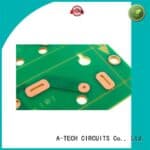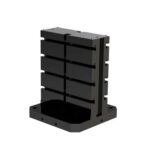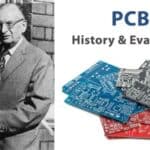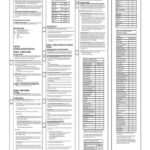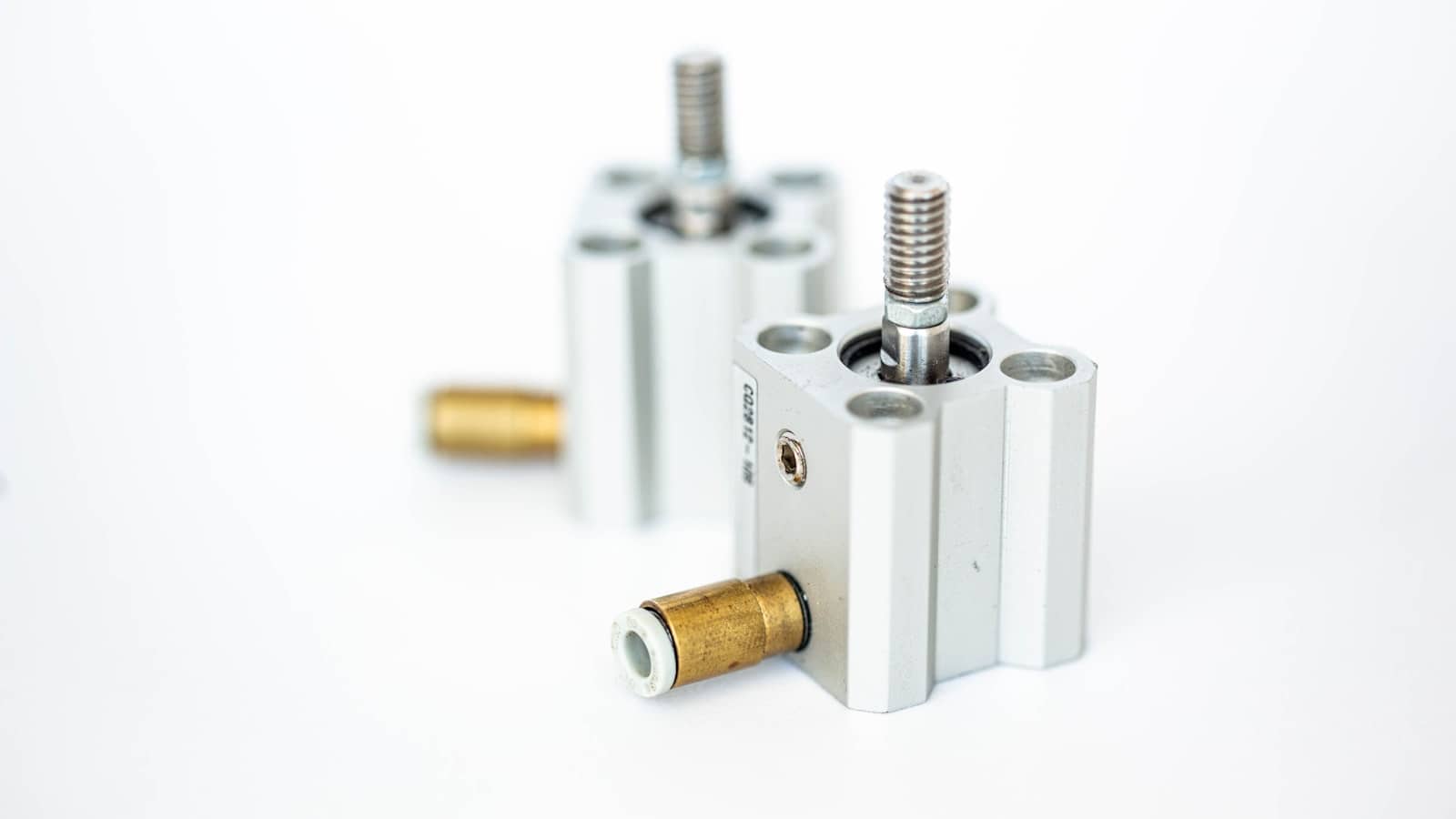
PCB Assembly Blog
-
What is PCB fabrication?
Posted by
–
 Read more: What is PCB fabrication?
Read more: What is PCB fabrication?The Importance of PCB Fabrication PCBs are an essential component in modern electronics, found in virtually every electronic device we use today. They provide a reliable and efficient means of connecting electronic components, allowing for the creation of complex circuits in a compact and organized manner. The fabrication process is […]
-
How are PCBs populated?
Posted by
–
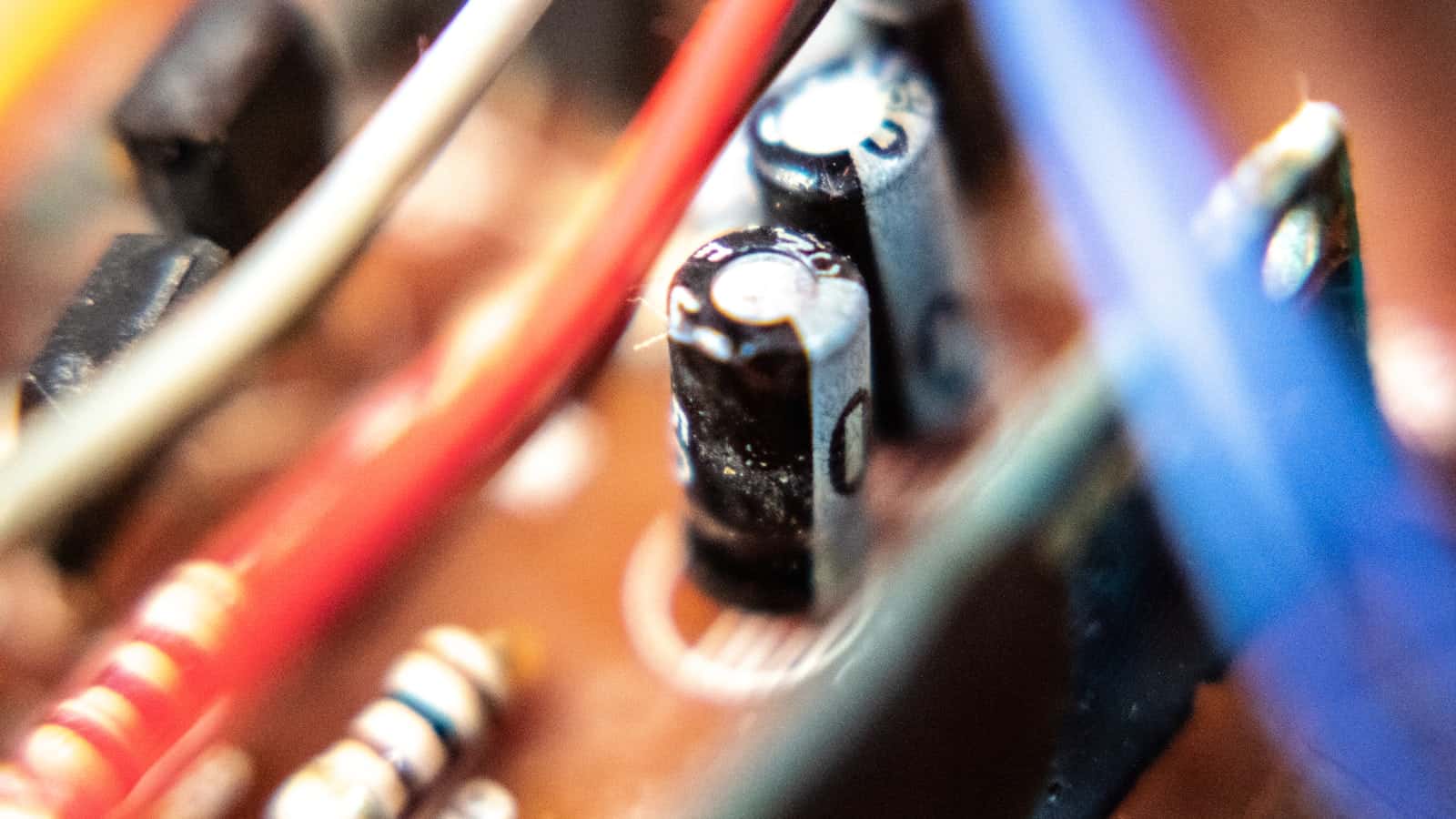 Read more: How are PCBs populated?
Read more: How are PCBs populated?What is PCB Population? PCB population, also known as PCB assembly or PCBA, is the process of attaching electronic components to a printed circuit board (PCB). This process involves placing and soldering various components, such as resistors, capacitors, integrated circuits (ICs), and connectors, onto the PCB to create a functional […]
-
What is a stencil in PCB?
Posted by
–
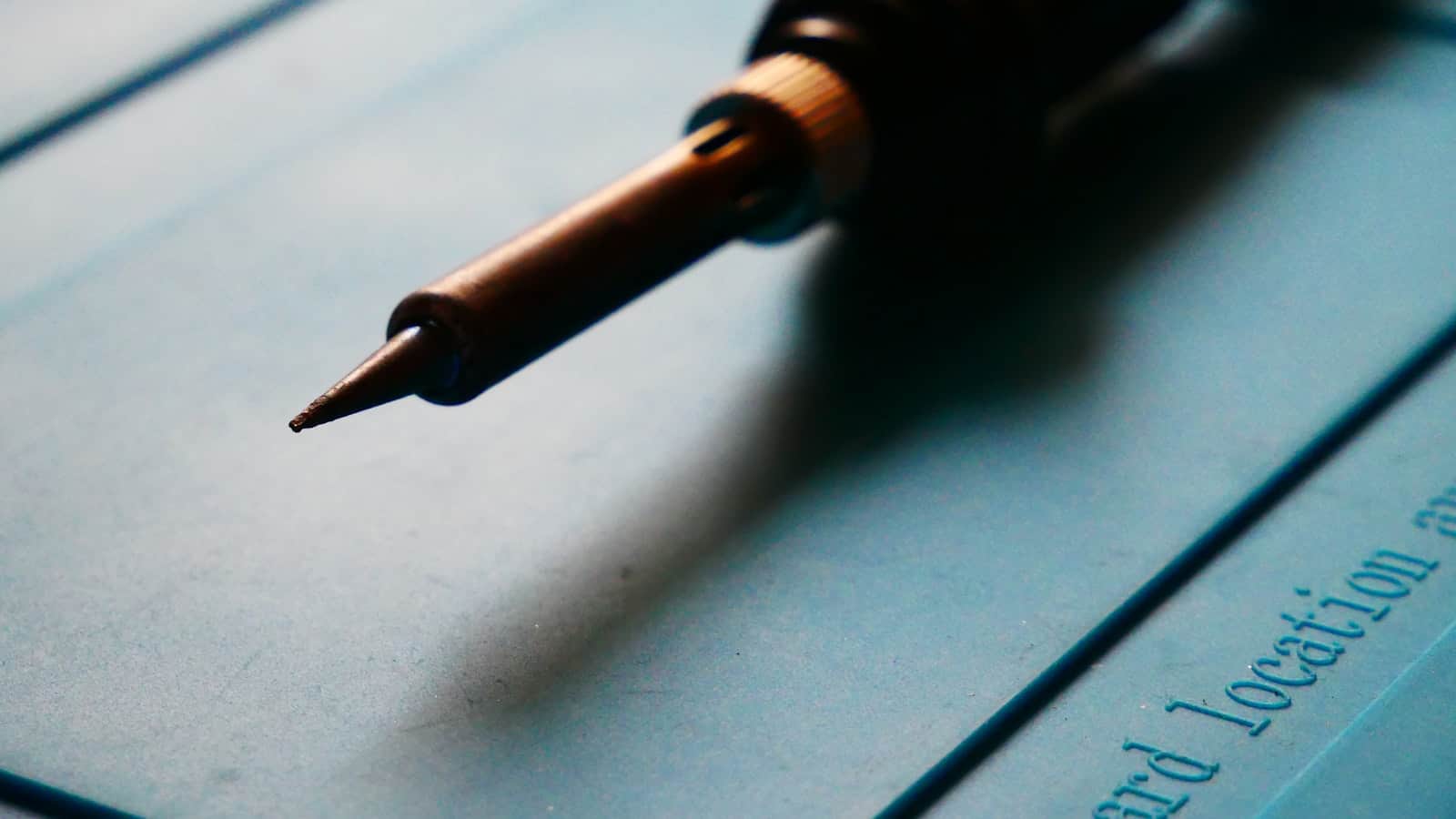 Read more: What is a stencil in PCB?
Read more: What is a stencil in PCB?Introduction In the world of printed circuit board (PCB) manufacturing, a stencil is an essential tool used to apply solder paste onto the PCB pads. The stencil is a thin sheet of metal, usually stainless steel, with laser-cut openings that correspond to the pads on the PCB. The openings allow […]
-
What is PCB stiffener?
Posted by
–
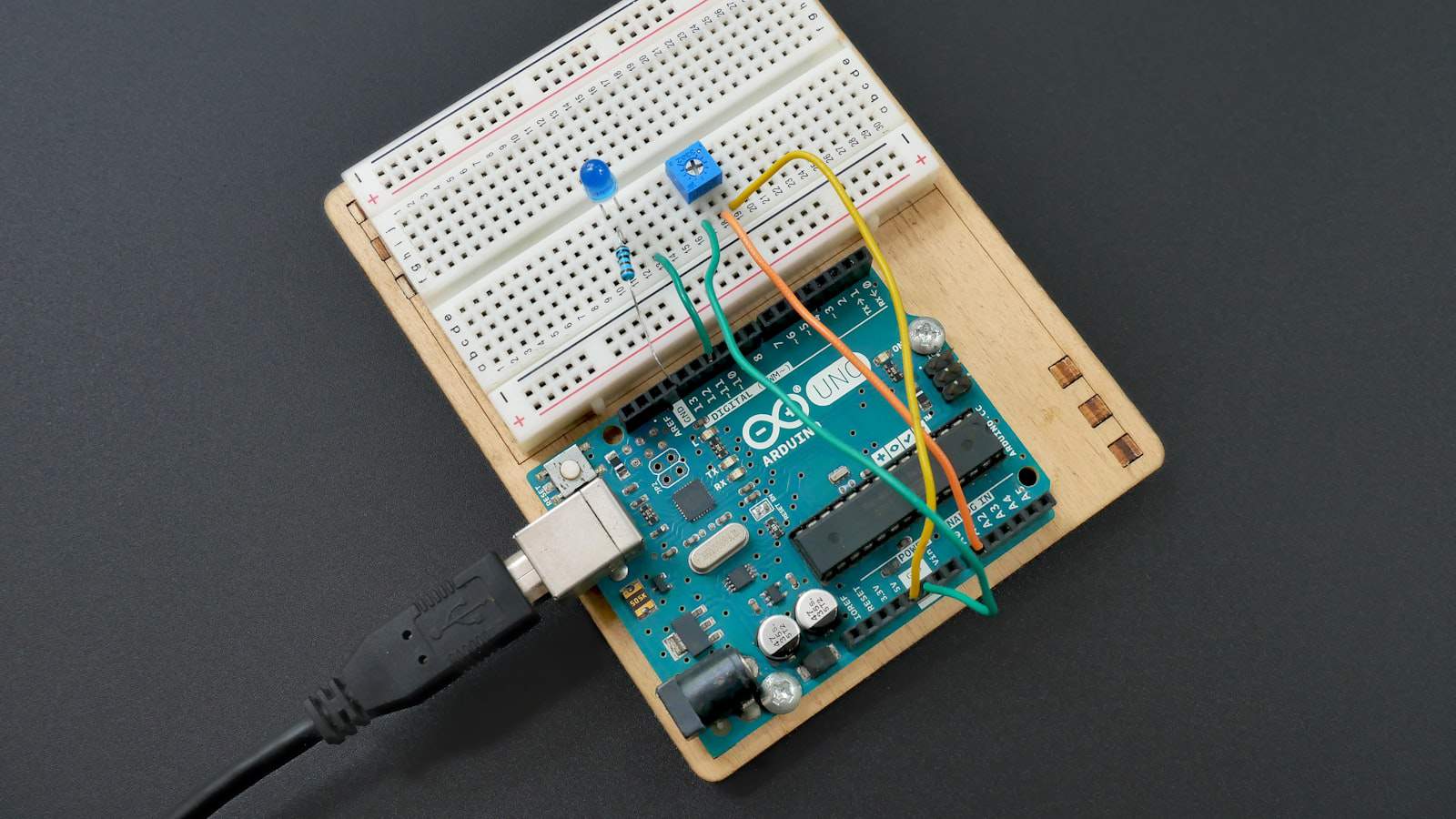 Read more: What is PCB stiffener?
Read more: What is PCB stiffener?Definition and Purpose of PCB Stiffeners A PCB stiffener is a flat, rigid material that is attached to the surface of a printed circuit board to enhance its mechanical strength and prevent warping or bending. The primary purpose of a PCB stiffener is to: Provide structural support to the PCB […]
-
What is Protel PCB?
Posted by
–
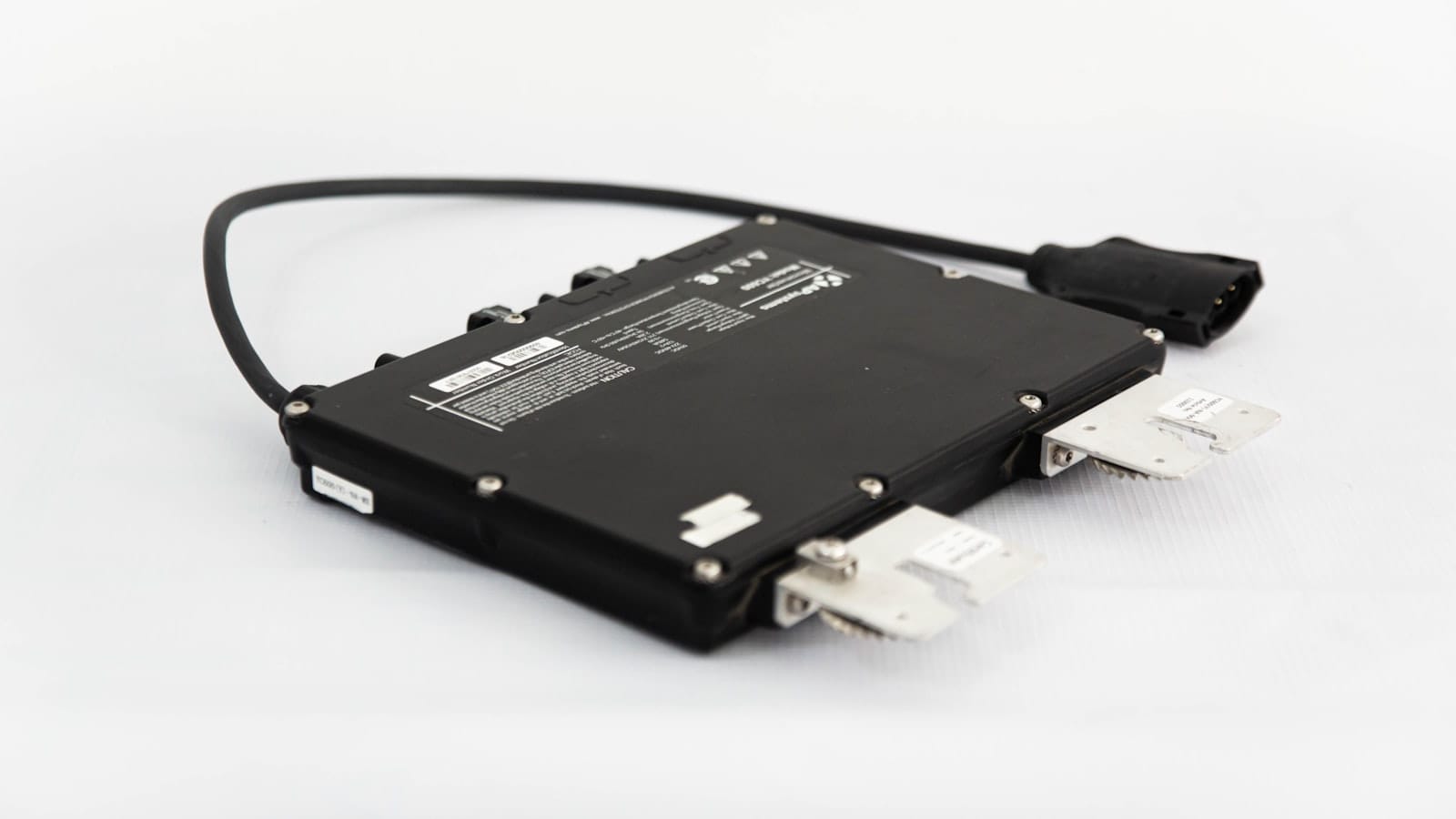 Read more: What is Protel PCB?
Read more: What is Protel PCB?Introduction to Protel PCB Protel PCB, also known as Altium Designer, is a powerful electronic design automation (EDA) software package used for designing printed circuit boards (PCBs). Developed by Altium Limited, Protel PCB has become a popular choice among electronics engineers and designers due to its comprehensive set of tools […]
-
What is a one layer PCB?
Posted by
–
 Read more: What is a one layer PCB?
Read more: What is a one layer PCB?How Single Layer PCBs are Made The manufacturing process for single layer PCBs involves several steps: Substrate Selection: The base material, or substrate, is typically made of FR-4, a flame-retardant glass-reinforced epoxy laminate. This material provides a stable foundation for the copper layer and components. Copper Lamination: A thin layer […]
-
How thick is gold on a PCB?
Posted by
–
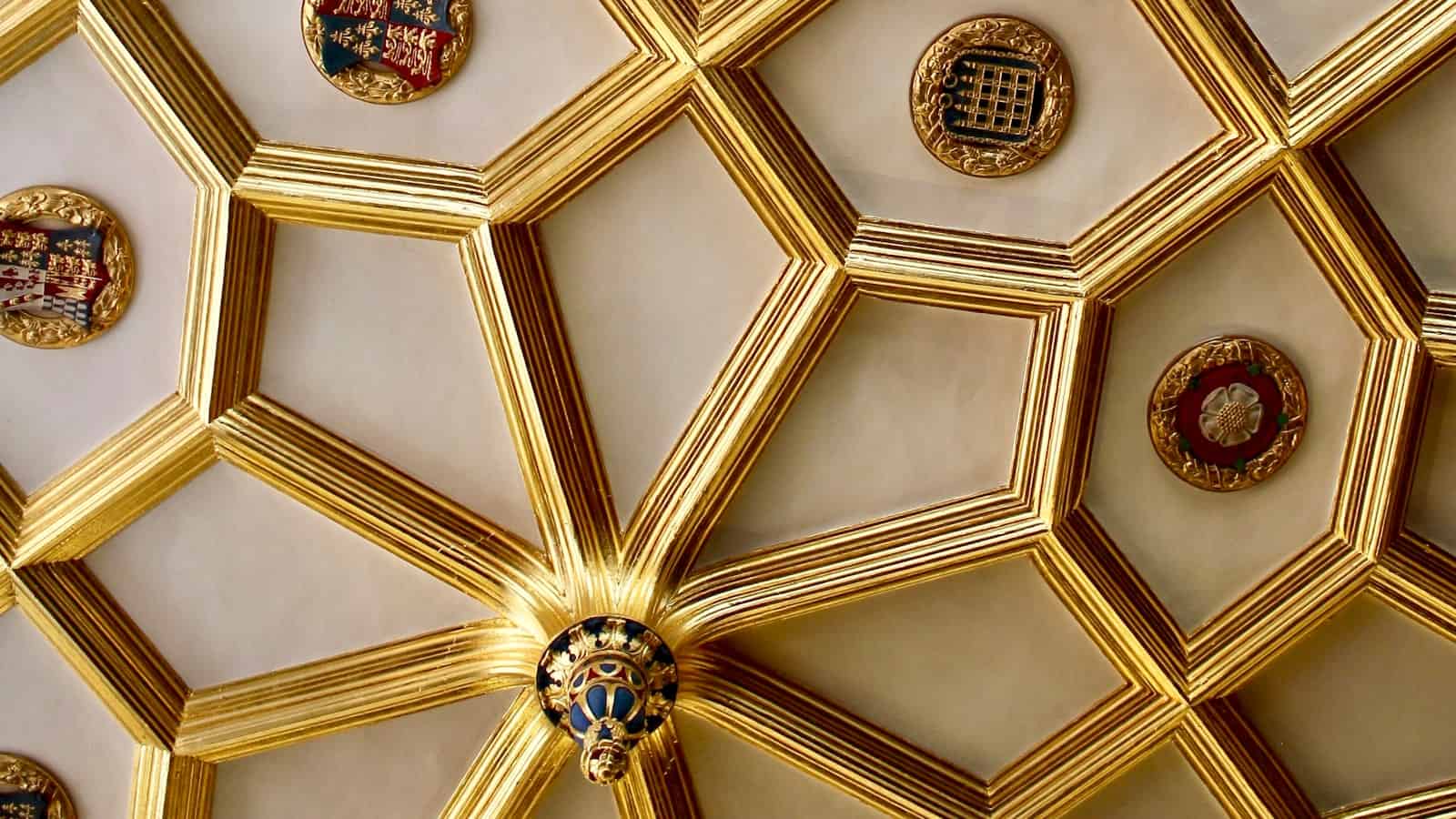 Read more: How thick is gold on a PCB?
Read more: How thick is gold on a PCB?What is a Thick Gold PCB? A thick gold PCB refers to a printed circuit board that has a relatively thicker layer of gold plating compared to standard gold-plated PCBs. The thickness of the gold layer on a PCB is typically measured in microinches (μin) or microns (μm). In general, […]
-
What is a tombstone in PCB?
Posted by
–
 Read more: What is a tombstone in PCB?
Read more: What is a tombstone in PCB?Introduction to Tombstoning in PCB Assembly In the world of printed circuit board (PCB) assembly, the term “tombstone” or “tombstoning” refers to a specific defect that can occur during the surface mount technology (SMT) soldering process. Tombstoning, also known as “Manhattan effect,” “Stonehenge effect,” or “drawbridging,” is a phenomenon where […]
-
What is a two layer PCB?
Posted by
–
 Read more: What is a two layer PCB?
Read more: What is a two layer PCB?Introduction to 2 Layer PCBs A 2 layer PCB, also known as a double-sided PCB, is a printed circuit board that consists of two conductive copper layers separated by an insulating substrate material. These two layers are typically referred to as the top layer and the bottom layer, or the […]
-
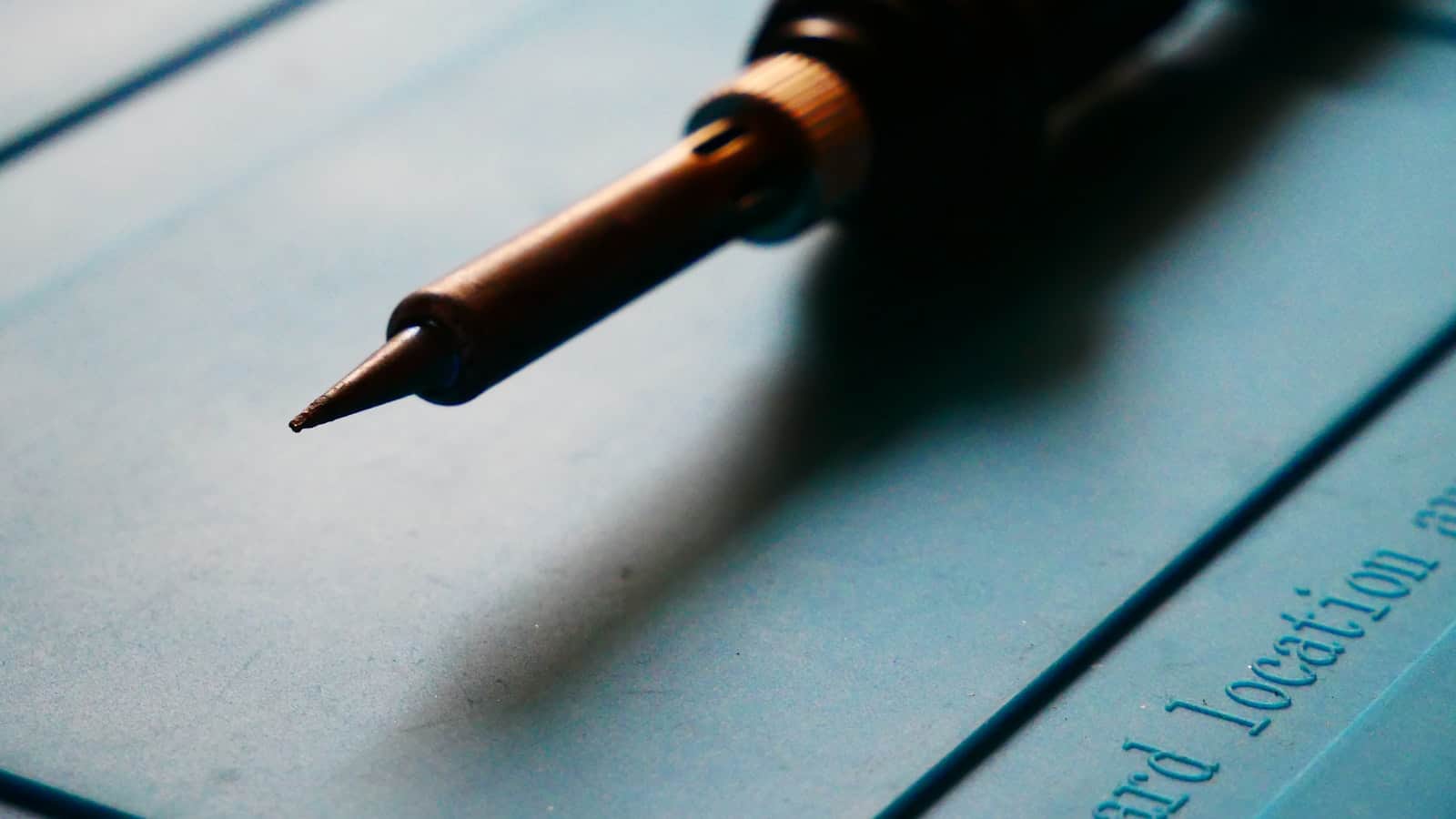 Read more: What is the process of PCB fabrication and assembly?
Read more: What is the process of PCB fabrication and assembly?The PCB Fabrication Process The PCB fabrication process can be broken down into several key steps: 1. PCB Design The first step in PCB fabrication is the design phase. This involves creating a schematic diagram and a PCB layout using specialized software such as Altium Designer, Eagle, or KiCad. The […]
